DIPHENHYDRAMINE - TOPICAL
PHONETIC PRONUNCIATION: (dye-fen-HI-druh-meen)
COMMON BRAND NAME(S): Benadryl
GENERIC NAME(S): diphenhydramine HCl/zinc acetate
Uses
USES: This medication is used to temporarily relieve itching and pain caused by minor burns/cuts/scrapes, sunburn, insect bites, minor skin irritations, or rashes from poison ivy, poison oak, or poison sumac. Diphenhydramine belongs to a class of drugs known as antihistamines. It works by blocking the effects of a certain natural substance (histamine) that causes itching. This product may also contain other ingredients (skin protectants such as allantoin, zinc acetate) that may help relieve symptoms such as dry skin, weeping, or oozing. Read the product package for more information. Depending on the brand and the form of diphenhydramine skin product you are using, the package information may state that its use is not recommended in children younger than 2, 6, or 12 years unless directed by the doctor. If you are self-treating with this medication, it is important to read the package instructions carefully before you start using this product to be sure it is right for you. (See also Precautions section.)
How to use DIPHENHYDRAMINE - TOPICAL
HOW TO USE: Use this medication only on the skin as directed by your doctor. If you are self-treating, follow all directions on the product package. If you are uncertain about any of the information, ask your doctor or pharmacist. Some products may need to be shaken well before use. Before applying, clean the affected area with soap and water. Gently pat dry. Apply to the affected area as directed, usually no more than 3 to 4 times a day. Wash hands immediately after use, unless the area being treated includes the hands. Do not use on large areas of the body or use more often than directed. Your condition will not improve any faster, and your risk of side effects will increase. Avoid getting the product in your eyes, nose, ears, or mouth. If the medication gets in these areas, wipe it off and rinse the area right away with water. Stop using this product and tell your doctor if your condition worsens, if symptoms do not improve within 7 days or persist after 7 days of treatment, or if symptoms clear up and return in a few days. If you think you may have a serious medical problem, seek immediate medical attention.
Side Effects
Precautions
Interactions
Overdose
Images
Reviews
Disclaimer
IMPORTANT: HOW TO USE THIS INFORMATION: This is a summary and does NOT have all possible information about this product. This information does not assure that this product is safe, effective, or appropriate for you. This information is not individual medical advice and does not substitute for the advice of your health care professional. Always ask your health care professional for complete information about this product and your specific health needs.
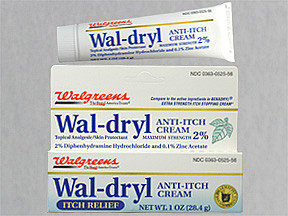
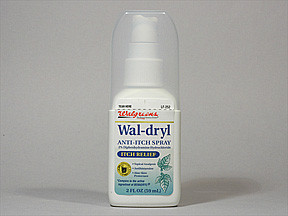
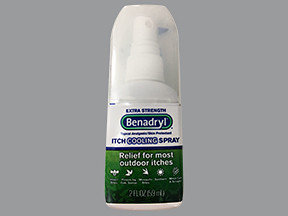
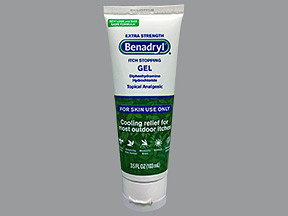
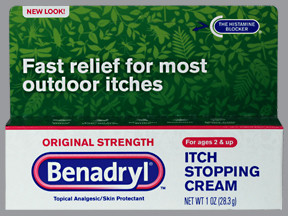
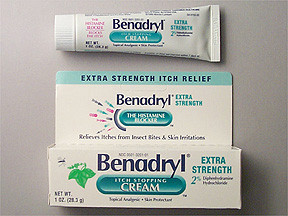
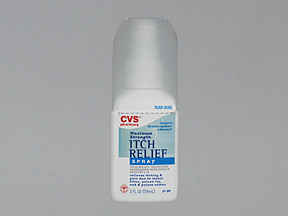
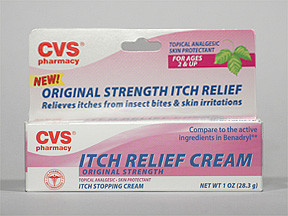
No Reviews Yet